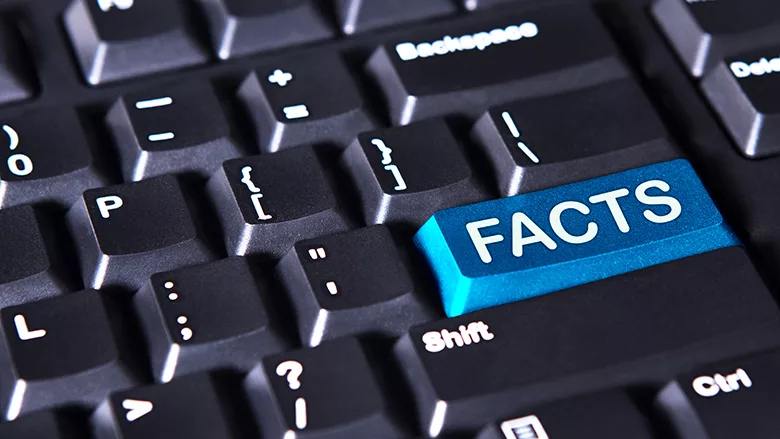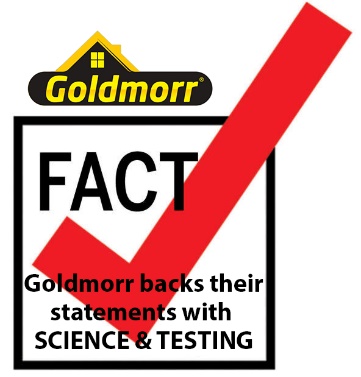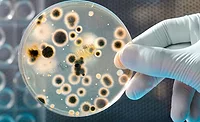Fact Check: Mold Remediation, Mycotoxins, & COVID-19

Photo: CreativaImages / iStock via Getty Images Plus
As environmental remediation professionals, it is our desire to assist individual homeowner and business operators in maintaining a clean and healthy environment in which to live and work.
But again, we are professionals, and as such, we hope to employ a viable business model. In other words, we want to make money. There is nothing wrong with that. The challenge, especially when dealing with issues that have potentially-serious health risks such as mold growth, mycotoxins, viruses, and other pathogens like COVID-19, comes in balancing a legitimate financial pursuit with moral and ethical practices.
As we view the landscape of today’s remediation industry, we see a wide variety of claims and promises made about products and services offered to the consumer. While it may be true that at times our industry has been tainted by those who attempt to deceive or unethically capitalize on the consumer, in the vast majority of remediation companies, the motivation behind these statements is completely legitimate and ethical.
However, even when the latter is the case, we often see displayed a lack of understanding of the different components we are trying to control or eliminate: the products we use in that process and the laws and guidelines in place to regulate such.
Here are just a few examples:
1. “We kill mold…” or “We prevent mold…”
At first glance, that seems like a good thing, and there may well be products or services on the market that do just that: “kill mold.” But do we realize in using products that make that claim, we fall under the EPA’s umbrella of using a pesticide? This is a classification they give to any product that claims to “kill” or “prevent” what they classify as a pest (that’s right…they classify fungi as a pest). Depending on, among other things, the state we do business in, we may then be required to obtain a Pest Applicator’s License to legally use these products. That can be a real game changer for our business model, especially when considering the stigma of now using a pesticide in our customer’s building environment. Probably not a great marketing tactic.
2. “We kill mycotoxins …”
Again, sounds great. Everyone is worried about mycotoxins and wants them out of their homes, right? But once more, what are you claiming? Can you “kill” a mycotoxin? It is a chemical compound, a toxin, not a living thing like mold. You cannot kill it.
“Well, that’s just semantics” I hear you say. Okay, perhaps so. Maybe you are just claiming to remove them from the air then. Fine, but…how do you know? To accurately and ethically state you get rid of something – especially something as potentially dangerous as mycotoxins – you must first scientifically show they were present before remediation, then secondly scientifically prove they are now not present after remediation. Can you do that? There are ways!*
3. “We kill COVID-19, etc.”
Here is the big banana peel that is going to cause a lot of remediation professionals to slip up. It is certainly tempting to jump on the train of companies making grandiose claims about how they can handle the Coronavirus. Tread lightly. Not only are there a myriad of ethical issues at play, but also the FTC, EPA, and others are going to be monitoring this one closely.
It boils down to a similar situation as mycotoxins. Viruses are not alive in the traditional sense of the word; so can you, as a remediator, claim to kill them? There is much debate on the term “alive” in reference to viruses, but we will leave that to the microbiologists. Suffice to say it is a slippery slope you may want to avoid. Be extremely careful in your claims.
Cleaning is probably one of the most meaningful and accurate statements available to remediation professionals. But again, like mycotoxins, can you scientifically prove your claims with meaningful post-remediation testing? Can the product or service that you are offering truly accomplish what it says it can?*
Again, we are all professionals but there is a need for caution to balance legitimate financial pursuits with moral and ethical practices.

*Goldmorr Can!
Goldmorr USA offers a suite of products, combined with an effective application and testing system that ethically addresses the concerns and needs of our customers, while providing remediation professionals with a highly-profitable business model. We have products and systems in place to address microbial growth and their associated mycotoxins, as well as air quality treatments and protocols to address COVID-19 and other pathogens. Read more in our What’s New section at: www.goldmorrusa.com
Looking for a reprint of this article?
From high-res PDFs to custom plaques, order your copy today!






